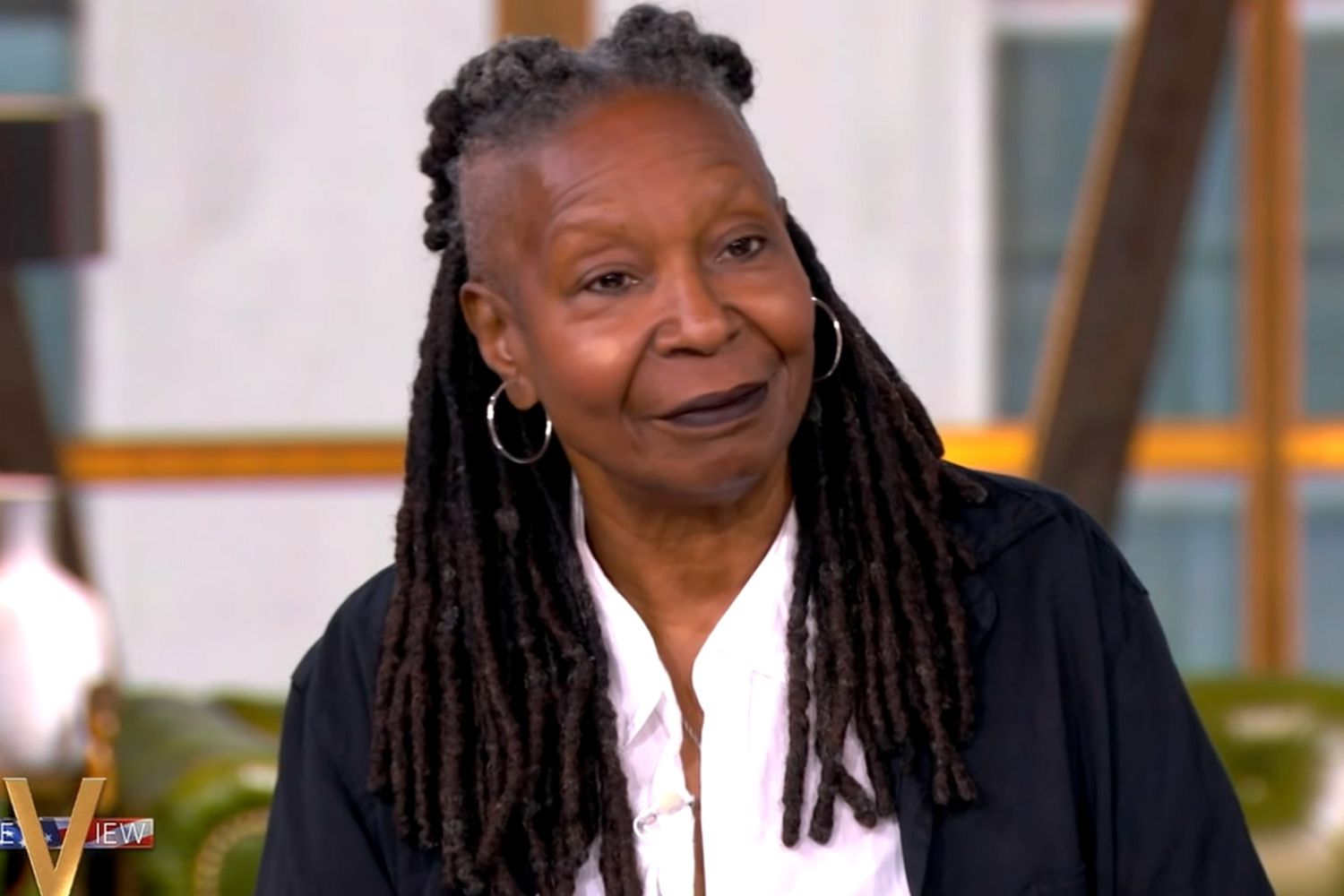November 9, 2024
In a recent episode of The View, host Whoopi Goldberg claimed that rising grocery prices were not due to President Joe Biden’s policies or broader economic issues but rather the “greedy pigs” who own grocery stores. Her comments sparked immediate outrage from labor groups, grocers, and others who criticized the remarks as inflammatory and misinformed.
“Your pocketbook is bad, not because the Bidens did anything. Not because the economy is bad. Your grocery bills are what they are because the folks that own the groceries are pigs,” Goldberg stated. When The View’s conservative panelist, Alyssa Farah Griffin, agreed, adding, “But no one articulated that,” Goldberg continued, “Let’s talk about the reasons why stuff—gas is high, not because the Bidens didn’t try to help, but because the folks who control that decided, ‘I want mo’ money!’”
These remarks were met with sharp criticism from the National Grocers Association (NGA), which represents community grocers across the country. In a letter addressed to The View’s executive producer Brian Teta, NGA Chief Greg Ferrara voiced the organization’s disapproval. “We are deeply troubled by these remarks… referring to people who own grocery stores as ‘pigs,’” Ferrara wrote, explaining that such rhetoric puts grocers, who operate on thin profit margins of only one to two percent, at risk.
Ferrara went on to highlight the ongoing struggles that grocery stores face, including rising labor costs and supply chain disruptions, which have added to inflationary pressures across the industry. “Statements that falsely depict grocers as ‘gouging’ not only exacerbate these tensions but also risk further harm to these frontline workers who have continued to serve the public through challenging times,” Ferrara added.
This response from the NGA reflects a broader sentiment among labor and industry groups, who say inflation is driven by complex factors, including supply chain constraints and increased production costs. Additionally, many economists have cited the impact of government spending on inflation rates. However, Goldberg’s comments did not address this angle, leading some critics to argue that political figures and commentators on the Left often avoid examining the potential role of federal spending and fiscal policy in rising consumer costs.
Zulema Wiscovitch, co-president of Associated Supermarket Group, expressed similar frustration with Goldberg’s comments, describing them as “totally outrageous.” She argued that Goldberg’s remarks displayed a “lack of understanding” of the economic challenges grocers face and that they could incite hostility toward grocery store employees and owners. “It shows a lack of understanding of what’s going on with the economy,” Wiscovitch told The New York Post. “This smear on grocers is totally unacceptable.”
Goldberg’s statements have reignited discussions on the sources of inflation, with some experts suggesting that broader economic and policy factors—such as rising production costs, labor shortages, and increased demand following the pandemic—are playing a more significant role than retailer-driven price hikes. Independent grocers, especially, say they are barely breaking even and are being unfairly blamed for issues they cannot control.
While Goldberg’s comments on The View have certainly sparked a heated debate, they also highlight the complex nature of inflation—a phenomenon impacted by a range of global and domestic forces, including supply chains, labor costs, consumer demand, and, arguably, federal spending policies. With grocery prices and inflation concerns top of mind for Americans, the conversation is likely far from over.
Sources:
- Media Research Center News Busters. (2024). “Whoopi Goldberg calls grocery store owners ‘pigs’ on The View.”
- The New York Post. (2024). “Grocery store owners and labor groups respond to Whoopi Goldberg’s inflation comments.”
- National Grocers Association. (2024). “Statement on inflation and grocery prices.”

